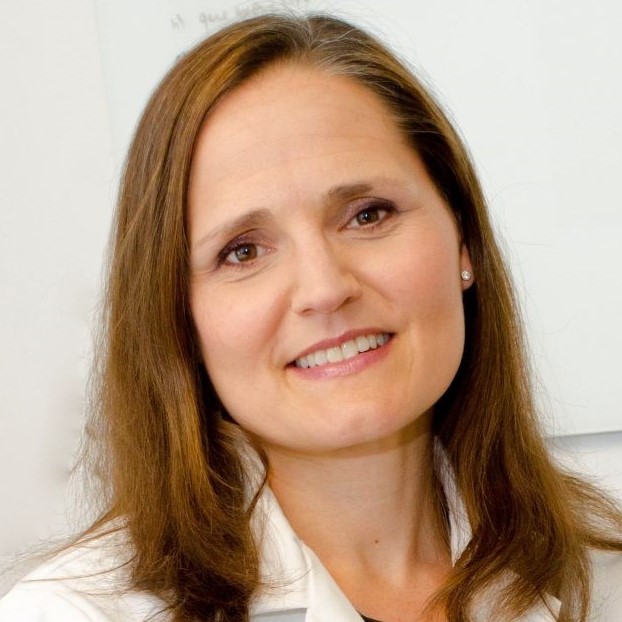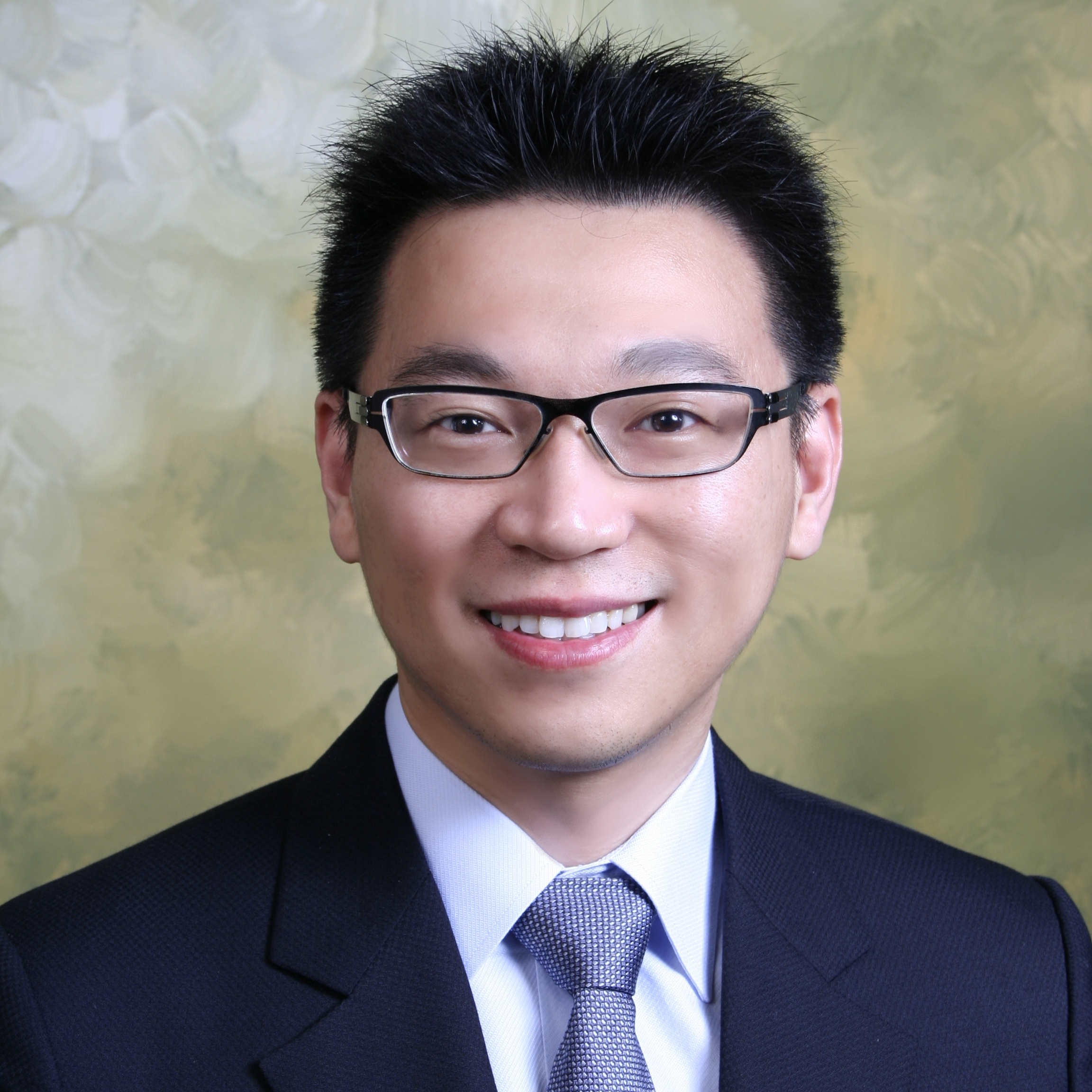Sonia Kupfer, MD

Program Director of PSDP,
Associate Professor of Medicine
Physician Scientist Development Program
The Physician Scientist Development Program (PSDP) in the Department of Medicine is a post-graduate training program intended to produce clinically-trained scientists with interests ranging from basic to translational and clinically oriented research.
The program accepts qualified applicants who have completed combined MD-PhD degrees (or an MD with equivalent research experience) into a pathway that includes both medical clinical training and post doctoral research training.
Yun Fang, MD

Associate Director of PSDP,
Associate Professor of Medicine
Program Structure
Post-Doctoral Research
Trainees are given great flexibility in their selection of laboratories and mentors for their post-doctoral research fellowship. Trainees may choose to pursue research within the Department of Medicine or take advantage of a host of opportunities located throughout the University. The University of Chicago is the home to a number of world-class research centers including the Ben May Department for Cancer Research, the University of Chicago Comprehensive Cancer Center, the Gwen Knapp Center for Lupus & Immunology Research, The University of Chicago Institute for Cardiovascular Research, the Institute for Biophysical Dynamics, the MacLean Center for Medical Ethics, the Regional Center of Excellence for Biodefense and Emerging Infectious Diseases and a Howard Hughes Medical Institute Research Center.
Internal Medicine Residency Training
The pathway begins with clinical training in The University of Chicago’s Categorical Internal Medicine Residency Training Program. Residents benefit from exposure to complex and diverse patient populations located on the south side of Chicago in an environment that values teaching, camaraderie and a high level of resident autonomy. PSDP participants may pursue the American Board of Internal Medicine’s Research Training Pathway (i.e. “Short Track”), which allows qualified candidates to begin their sub-specialty fellowship training in lieu of their third year of residency.
Transition to Junior Faculty Position
Trainees who apply for an external career development grant award in the final year of their fellowship will be given consideration for “bridge” funding to a faculty position in their respective section.
Clinical Fellowship Training
PSDP participants will be given the opportunity to pursue sub-specialty training in any of The University of Chicago’s Medicine fellowships. The Department of Medicine has 11 nationally recognized ACGME accredited clinical fellowships including fellowships in Cardiology, Interventional Cardiology, Electrophysiology, Endocrinology, Gastroenterology, Geriatrics, Hematology and Oncology, Infectious Disease, Nephrology, Pulmonary and Critical Care, and Rheumatology. The majority of these fellowships have well established NIH training grants. There are also a number of non-ACGME fellowship training opportunities in areas ranging from general medicine and hospitalist medicine to ethics.
Curriculum
During the first two years of the program, trainees enter a formal mentorship program that encourages participation in journal club and laboratory meetings. In addition, residents meet regularly with a senior physician scientist of their choice to explore career paths and potential areas of interest. A PSDP trainee may (but is not required to) pursue the American Board of Internal Medicine’s Research Pathway (ie. “Short Track”) as long as the trainee complies with requirements as outlined by the ABIM AND maintains training evaluations at a level of “high satisfactory” or better.
Trainees are invited to attend a regular seminar series in areas of interest. These seminars include the Molecular Medicine Seminar program, the Immunology series, the Molecular Biosciences Seminar Series, and Seminar series from each Section within the Department of Medicine.
Trainees within the PSDP are guaranteed stipend support for residency and fellowship training. Throughout the entire length of the program, the trainees receive additional financial resources to support their educational needs.
Additional Support
PGY1 / PGY2: During internship and the junior year of residency, trainees will receive educational funding of $5000 / year to support the purchase of computers, software, journal subscriptions and scientific conference registration.
Clinical Fellowship: During the year(s) of clinical fellowship training, trainees will receive educational funding of $5000 / year to support the purchase of computers, software, journal subscriptions and scientific conference registration.
Research Fellowship Years: During research years trainees will receive a $25,000 / year supplement to their salary, and $5000 / year to support scientific conference attendance.